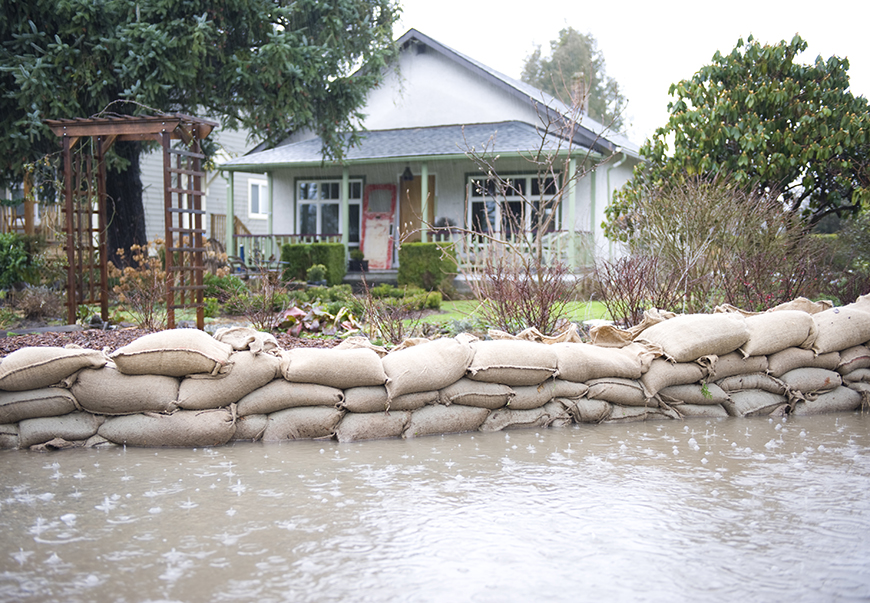ATTOM: U.S. foreclosures down but for how long?
IRVINE, Calif. – In February 2020, there were 48,004 U.S. properties with foreclosure filings—default notices, scheduled auctions, or bank repossessions—according to ATTOM Data Solutions. That’s the lowest number since April 2005, when ATTOM first began tracking foreclosures.
Lenders repossessed 10,469 U.S. properties through completed foreclosures, up 1 percent from January but down 8 percent from last year. That is the second consecutive annual decline in completed foreclosures. In Texas, completed foreclosures were down 16 percent.
Nationally, lenders started the foreclosure process on properties in February 2020, up 3 percent over the month but down 9 percent from a year ago—the 13th consecutive month showing an annual decline.
The foreclosure low is another indicator of the nation’s long housing boom, according to ATTOM Chief Product Officer Todd Teta.
However, Real Estate Center Chief Economist Dr. Jim Gaines said the ever-evolving COVID-19 (coronavirus) pandemic and the energy downturn leave Texas’ situation uncertain.
“We can expect a foreclosure fallout from the COVID-19 economic impact as jobs will no doubt be lost,” said Gaines. “The decline in the energy sector will also contribute to job losses. The extent is not altogether certain right now, but the unemployment rate will probably peak very high.”
“Texas enters with one of the lowest percentages of mortgage loans ‘underwater,’ or with negative equity, nationally,” said Center Research Economist Dr. Luis Torres. “However, Texas is facing a triple whammy with falls in the U.S. economy, oil markets, and Mexico’s economy.
“The increase in delinquencies and foreclosures depends on the duration and depth of the recession. The longer it takes to contain the spread of COVID-19, the longer and deeper the recession would be.”
“The foreclosure effect will probably be somewhat delayed as moratoriums on foreclosing by the Federal Housing Administration and other government lenders delay the process, but many borrowers will not be able to maintain their loans,” said Gaines. “Look for the impact to start hitting the market around the end of the third quarter and into the fourth quarter of the year and lasting through the first quarter of next year.
“We don’t expect foreclosures to reach the levels during the 2007-08 Great Recession but could still be reasonably significant. Only a major interjection in the market by the federal government could avoid the problem.”
 The Real Estate Center has a wealth of economic information online for free.
The Real Estate Center has a wealth of economic information online for free.

In This Article
You might also like

Publications
Receive our economic and housing reports and newsletters for free.






